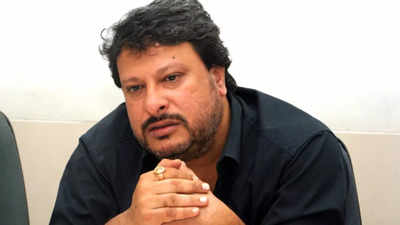
The Hindi film industry has been facing a challenging period, with only a few successful releases in recent months. Among them, the Vicky Kaushal-starrer 'Chhaava' has been the sole major box-office hit this year, while the gap between successful and unsuccessful films continues to widen. Meanwhile, the
South Indian film industry
has managed to deliver more hits despite experiencing its own share of setbacks.
Filmmaker Tigmanshu Dhulia attributes the South’s relative success to the regulation of
ticket prices
, a factor that remains unchecked in the Hindi film industry.
In a recent conversation with ANI, Dhulia pointed out another key distinction: the
South
Indian film industry has maintained its traditional production ecosystem without heavy corporate interference. “The South is still in a good position because corporates haven’t entered there. They have made a place in OTT, but not much in feature films. There are only old producers there—vahan dosti yaari mein hi kaam hota hai (they work within friendships),” he said.
Excitement Soars as Sikandar Hits Screens
Dhulia further emphasised that the steep pricing of tickets in Hindi cinema has deterred audiences from visiting theatres, unlike in the South, where ticket rates are controlled. He also noted that the success of re-released Hindi films can be attributed to their lower ticket prices, drawing a parallel with the overwhelming response on ‘National Cinema Day’, when tickets cost only Rs 100.
“Films that worked did so only because of cheaper ticket prices, including Tumbbad,
Sanam Teri Kasam
, and Rockstar. These were flops when originally released,” he explained.
The filmmaker also pointed out that excessive commercialisation has overshadowed the cinematic experience. According to him, theatres today focus more on selling high-priced refreshments and parking spaces rather than making films accessible to audiences. “Greed is the reason behind it, of course. They are not selling the film’s ticket rate; they are selling the parking, popcorn, tacos, and samosa ticket, and films come as an afterthought,” he added.

 2 weeks ago
49
2 weeks ago
49




























 English (US)
English (US)